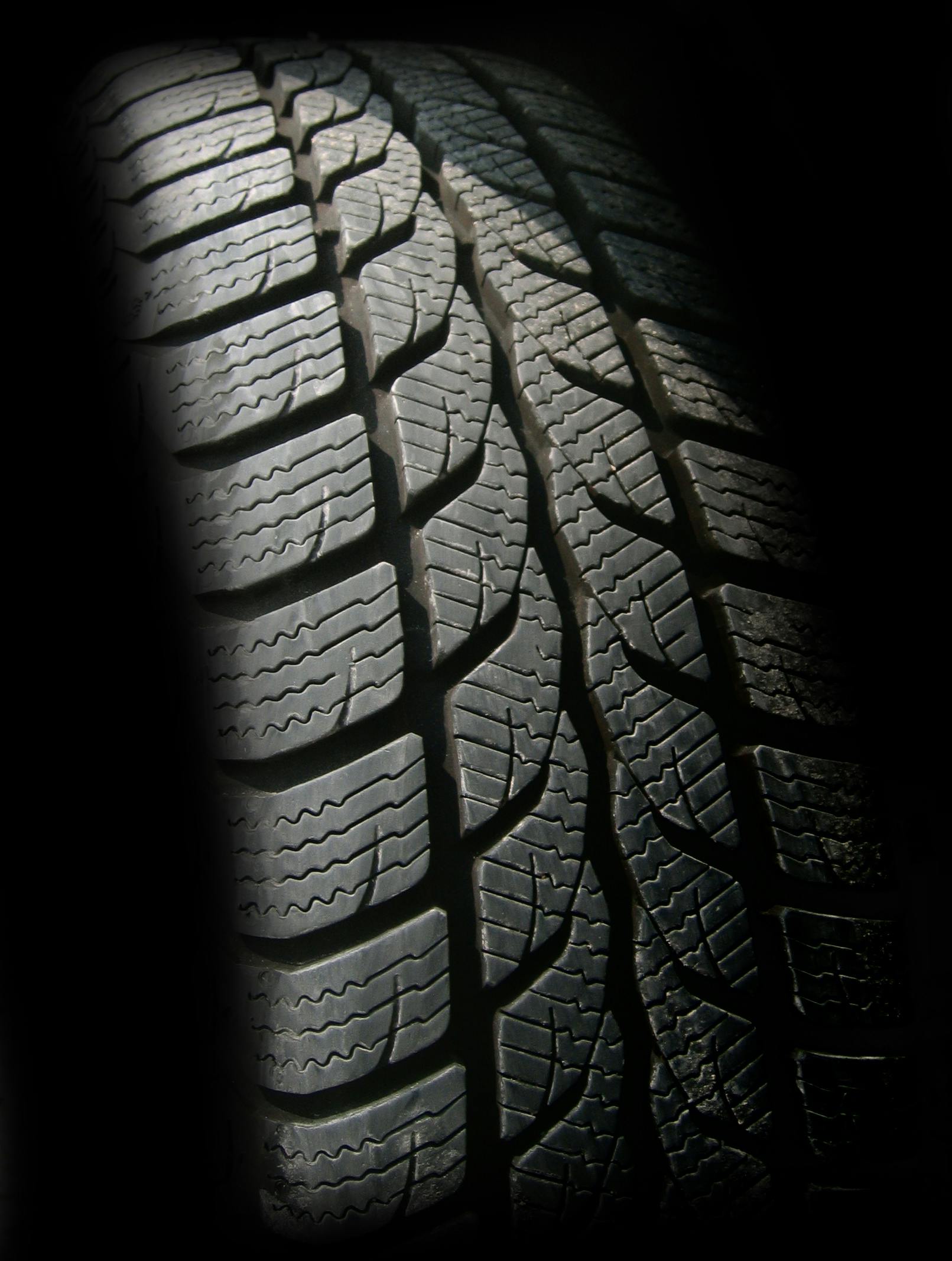Goodyear Tyre Pricing Guide: Types, Costs, and Key Factors for Drivers
Selecting the right tyres for your vehicle requires understanding factors beyond brand alone, such as tyre type (summer, winter, all-season), performance ratings, load and speed indexes, and the correct tyre size. Goodyear provides options across budget, mid-range, and premium segments, and prices reflect compound technology, tread design, run-flat capability, and warranty coverage. This guide clarifies model differences, explains the main cost drivers including fitting and maintenance expenses, and offers practical tips for comparing price per mile and finding seasonal deals or promotions so drivers can balance safety, performance, and value when replacing tyres.

Goodyear’s extensive tyre portfolio caters to diverse driving requirements, from everyday commuting to high-performance applications. The brand’s reputation for quality and innovation translates into a wide price spectrum, making it essential for drivers to understand what influences costs and which options suit their specific needs.
Understanding Goodyear Tyre Types and Their Applications
Goodyear manufactures several distinct tyre categories, each designed for specific driving conditions and vehicle types. Summer tyres like the Eagle F1 series provide optimal grip and handling in warm, dry conditions, making them popular for performance vehicles. All-season tyres such as the Vector 4Seasons offer year-round versatility, combining reasonable performance across different weather conditions. Winter tyres, including the UltraGrip range, feature specialized compounds and tread patterns for enhanced traction in cold, wet, and snowy conditions.
The brand also produces tyres for commercial vehicles, including vans and trucks, with models like the Cargo series designed for durability and load-bearing capacity. Run-flat tyres represent another category, allowing continued driving after punctures, though typically at higher price points due to their specialized construction.
Goodyear Tyre Pricing Structure and Cost Factors
Several factors influence Goodyear tyre pricing, with size being a primary determinant. Larger diameter tyres generally cost more due to increased material usage and manufacturing complexity. Tyre width also affects pricing, with wider tyres typically commanding higher prices. Performance characteristics play a significant role, with high-performance and specialized tyres costing more than standard touring options.
Technology integration impacts pricing substantially. Advanced features like run-flat capability, noise reduction technology, and enhanced fuel efficiency compounds increase manufacturing costs, reflected in retail prices. Seasonal demand fluctuations can also influence pricing, with winter tyres often experiencing price increases before the cold season.
Key Factors to Consider While Choosing Goodyear Tyres
Selecting appropriate Goodyear tyres involves evaluating driving patterns, vehicle requirements, and budget constraints. Daily commuters might prioritize fuel efficiency and longevity, making all-season tyres attractive options. Performance-oriented drivers may prefer summer tyres offering superior handling characteristics, accepting shorter tread life as a trade-off.
Climate considerations significantly impact tyre selection. UK drivers face varied weather conditions throughout the year, making all-season tyres practical for many situations. However, those in regions experiencing harsh winters might benefit from dedicated winter tyres during colder months.
Vehicle specifications also influence choice. High-performance cars often require specific tyre ratings and sizes, limiting options but ensuring optimal performance. Load ratings become crucial for larger vehicles or those carrying heavy loads regularly.
Comparing Goodyear Tyre Models and Their Price Points
Goodyear’s product range spans multiple price segments, allowing comparison across different performance levels and applications. Entry-level options like the Assurance series provide reliable performance at accessible price points, suitable for budget-conscious drivers seeking dependable transportation.
Mid-range models such as the EfficientGrip series balance performance, comfort, and fuel efficiency, appealing to drivers wanting enhanced capabilities without premium pricing. High-end options like the Eagle F1 SuperSport deliver maximum performance for enthusiasts and luxury vehicle owners willing to pay premium prices for superior handling and technology.
| Tyre Model | Category | Size Example | Price Range (£) |
|---|---|---|---|
| Assurance MaxLife | All-Season | 205/55R16 | 80-120 |
| EfficientGrip Performance | Summer | 225/45R17 | 100-150 |
| Vector 4Seasons Gen-3 | All-Season | 215/60R16 | 90-140 |
| Eagle F1 Asymmetric 5 | Summer Performance | 245/40R18 | 150-250 |
| UltraGrip Performance+ | Winter | 225/50R17 | 120-180 |
| Cargo Vector 2 | Commercial | 215/65R16C | 110-160 |
Prices, rates, or cost estimates mentioned in this article are based on the latest available information but may change over time. Independent research is advised before making financial decisions.
How to Get Good Deals on Goodyear Tyres
Securing competitive prices on Goodyear tyres requires strategic shopping and timing considerations. Seasonal sales often provide significant savings, particularly during spring and autumn when retailers clear inventory. Online retailers frequently offer competitive pricing compared to traditional tyre shops, though installation costs should be factored into total expenses.
Bulk purchasing can yield discounts when replacing multiple tyres simultaneously. Many retailers offer package deals for complete sets, reducing per-tyre costs. Promotional periods around major shopping events like Black Friday often feature tyre discounts worth monitoring.
Comparing prices across multiple retailers ensures competitive rates. Independent tyre specialists sometimes offer better pricing than national chains, particularly when considering installation and additional services. Manufacturer rebates and cashback programs periodically provide additional savings opportunities.
Considering slightly older model years can offer substantial savings without significantly compromising performance. Tyre technology evolves gradually, making previous-generation models viable alternatives at reduced prices. However, ensuring adequate tread depth and proper storage conditions remains important when purchasing older stock.




